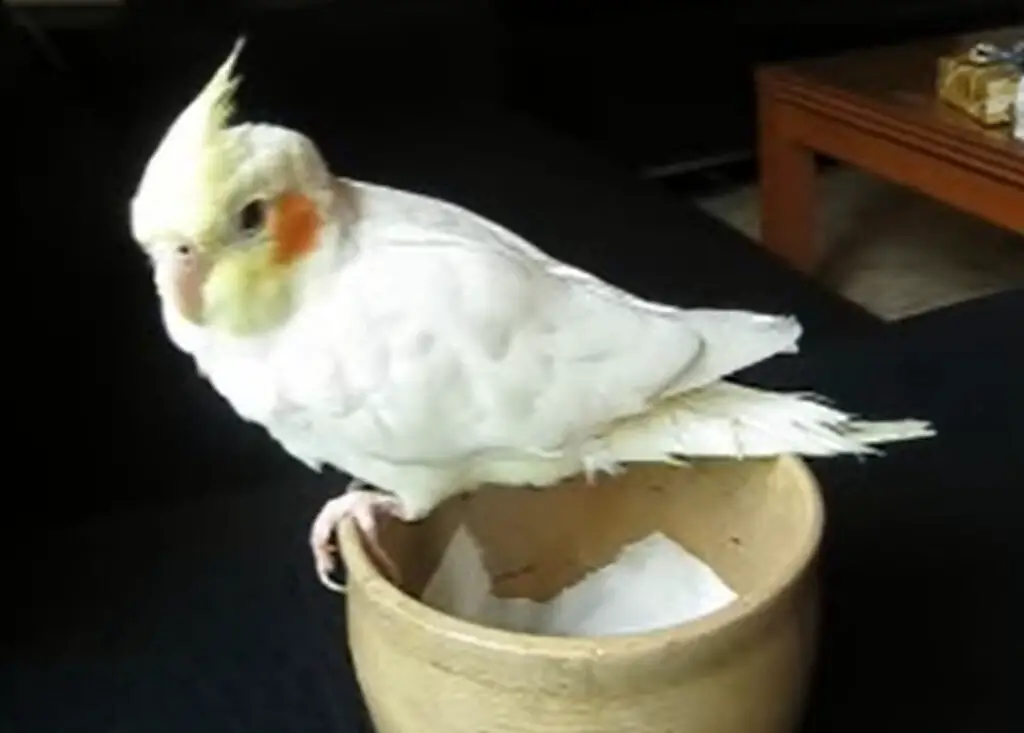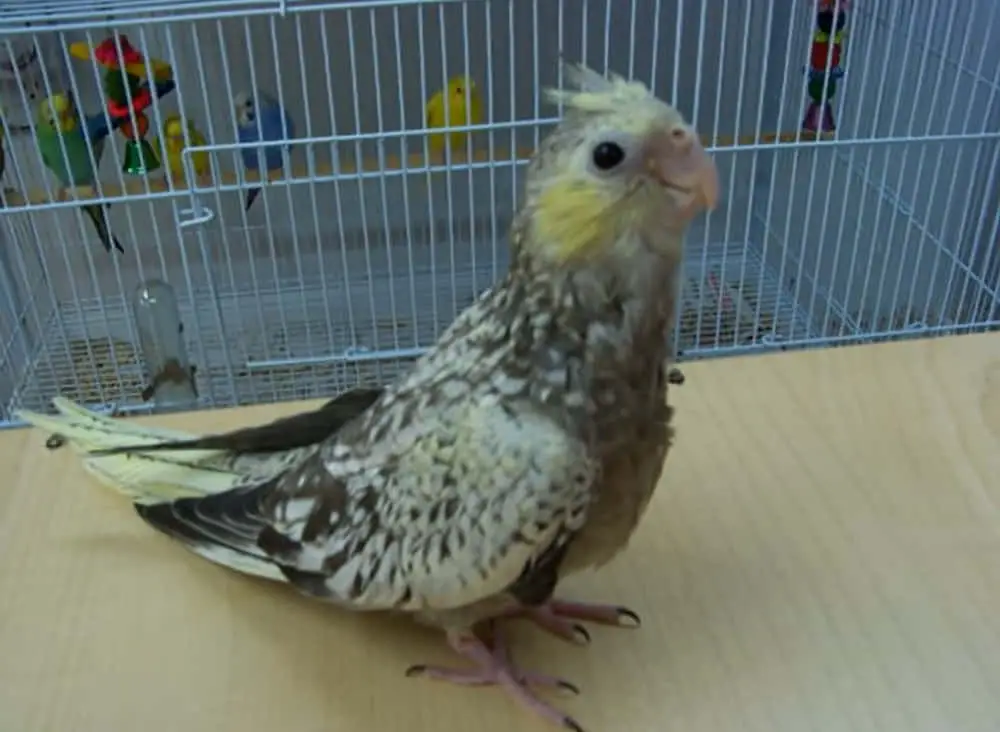So, you may be wondering – can cockatiels eat wild bird seed?
As a responsible pet owner, you want to make sure that your cockatiel is eating right. And part of that is knowing what to feed your bird – and what to avoid.
This is why it is important to understand that not all seeds are suitable for your pet. Some are highly nutritious while others can do more harm than good.
With that being said, let us take a look at what wild bird seed does – and whether it is a suitable choice for your cockatiel or not. Let’s get right into it.

Can Cockatiels Eat Wild Bird Seed?
Bird nutrition is quickly evolving – and there are more and more feeds for birds that are being sold in the market. However, we need to know for certain if this is ideal for your pet. After all, every bird is unique – and when it comes to feeds, it is not a one-size-fits-all kind of a thing.
Thus, you should be aware of the nutrients that your pet needs. These include a balance of vitamins, minerals, protein, carbohydrates, water, and fat. Most importantly, different bird species need different foods, so this is also one thing to consider.
Unfortunately, not many people are able to pay close attention to the nutrients that their cockatiel gets from their diet. They also tend to assume that what they are giving to their pet already suffices. This is why sometimes health issues occur. So, it is imperative that cockatiel owners educate themselves with what to feed their pets and what to avoid.
Now, for the most common types of food that cockatiels can thrive on, these include a variety of foods including seeds, vegetation, berries and fruits. In fact, they are not very picky eaters, which add to the ease in feeding these birds.
Moreover, these birds have a tendency to become obese. They are also prone to other health issues related to their diet such as iodine deficiencies. Plus, cockatiels are known for some other concerns including egg binding and feather picking. This is why it is very essential that their diet is varied and well-balanced to ensure health and development.
When it comes to seeds, there are some that they can eat and some that can be rather questionable. Typically, cockatiels that live in the wild can consume various types of seeds since various plants come into each season.
As for commercial seed mixes, these usually contain about 4 to as much as 10 kinds of nuts and seeds. But the downside is that these seeds are usually loaded with carbohydrates and fat. They may also lead to some deficiencies in nutrients or imbalance to your pet’s health. This is particularly true if your pet consumes just this type of food and not a variety.
When this happens, your cockatiel may suffer from poor health, which can reduce its lifespan. The issue is that cockatiels may be selective at times. There are those that lean more towards consuming only their favorite type of seed. For instance, sunflower and millet seeds are often favored, which can result in very high fat content in their diet while being deficient in vitamin A and calcium. There are also some owners that offer a millet branch or seed, which is still from the same type of seed. Hence, further malnutrition is expected.
As for honey sticks, these are usually loaded with honey and sugar, although there are more types of seeds added. Song foods, molting foods, as well as conditioning foods may also be provided, and these are more seed combinations but have no significant impact on the health of your pet.
Generally, seeds are very palatable. But in terms of the nutritional value, these can be limited. An analogy to that would be giving a child candy every single day. This is why seeds must be a small component of a bird’s diet to make sure that it remains balanced. When you gradually reduce the amount of seeds you give to your pet, you can guarantee that your cockatiel will consume other types of foods more.
So, although wild bird seed should be fine – as wild cockatiels do eat these in their natural habitat – they should still eat a variety of foods for proper nutrition. As an example, you can provide up to 2 level measures of tablespoons of seeds for your bird each day. Then, you can eventually wean your pet onto a pelleted diet later on.
Typically, pellets were made to help achieve your pet’s nutritional needs. There are also varied formulations available depending on the life stages and whatever condition your cockatiel has. The easiest to introduce to a pelleted diet would be hand-raised baby cockatiels. Moreover, pellets are regarded as the best diet, so you may want to wean your birds that are normally on a seed diet.
The goal is to slowly transition to a pelleted diet until it makes up about 80 percent of your pet’s daily meal. Thankfully, you can find various flavors, shapes and colors of pellets that your cockatiel will love.
Read More: Is Your Cockatiel Gagging? Common Reasons And What To Do
Takeaway
Seed-eating cockatiels need to slowly go on a pelleted diet sooner than later. However, it is not very easy since they may not even consider pellets as food. This is why you may want to wean your pet off seeds over about 4 to 8 weeks while at the same time making sure they have pellets available in another dish.
There are also some owners that mix their pellets in a smaller amount of seed. Yet, be aware of the fact that your pet will still try to avoid eating the pellet. This process may take weeks or months, but the most important thing is to avoid completely withdrawing seeds unless you know that your pet is consuming pellets, vegetables and fruits.
Your pet may be stubborn and choose to still eat more seeds and wild seeds, yet keep doing what you are doing to wean it from consuming just these. Later on, it will get accustomed to pellets, which is a much healthier option for your feathered friend.







